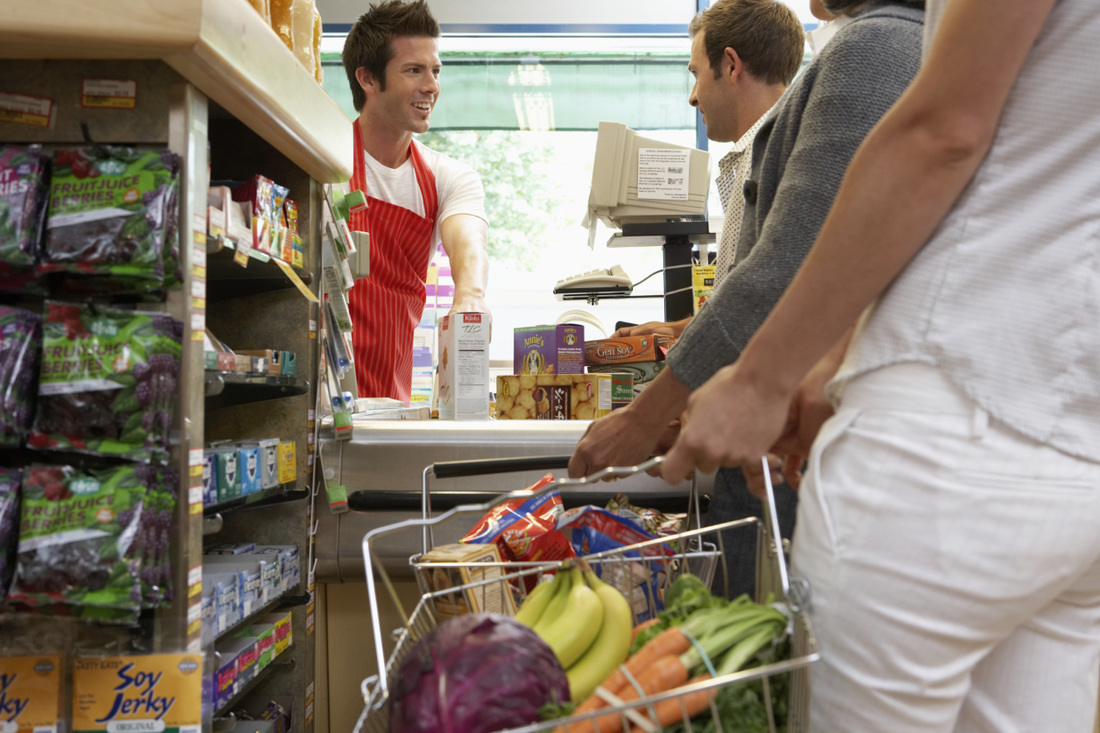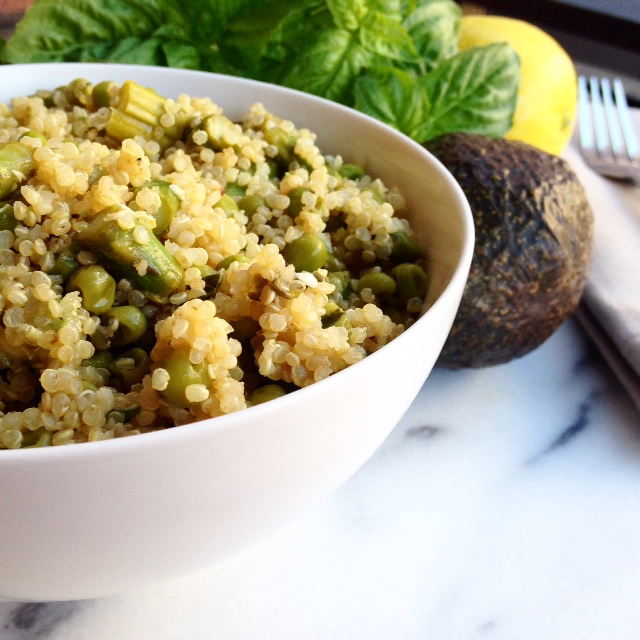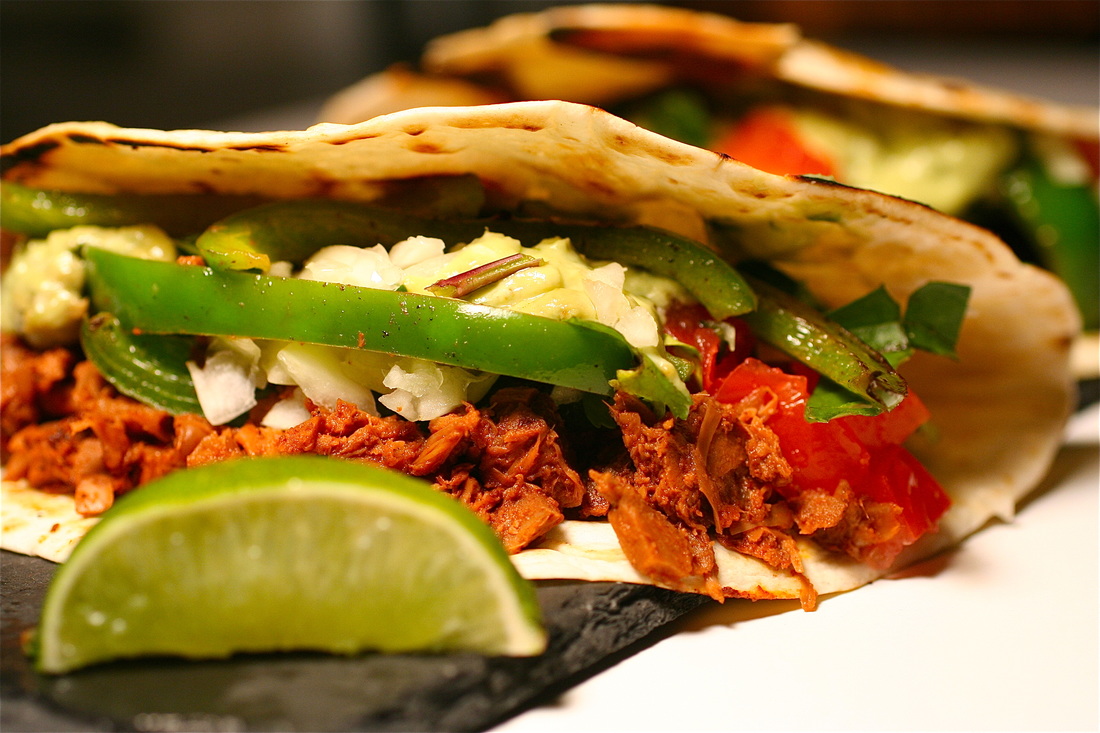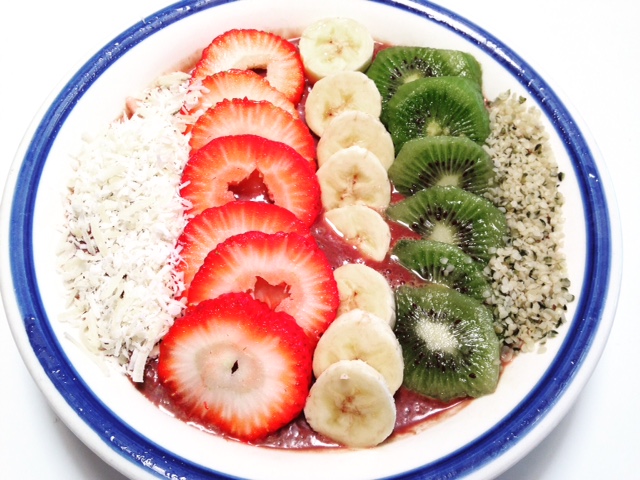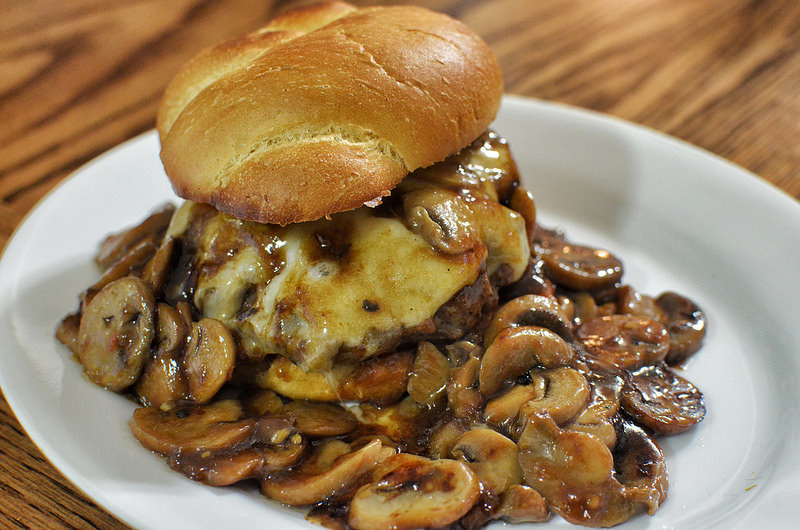Here are a few easy tips to remember before your next trip to grocery store.
- Make a list. There are plenty of reasons why you should make a list before you go to the grocery sore, namely because it helps you stay within your budget. Read more about how to best create your grocery list.
- Carry cash. Sounds crazy right? I know, you can pay with credit cards anywhere and your phone in many places now, but if you only bring $50 in cash, you are more likely to limit yourself to buying only what you need and curb impulse purchases.
- Limit your time. If you are like me, you actually enjoy spending time in a grocery store and reading about new products. Limit your actual shopping time to 20 minutes. The longer you dawdle in a grocery store, the more likely you are to spend more money and convince yourself to buy things you do not need.
- While we would all love to buy organic, sometimes it’s too cost prohibitive. Be smart about what you buy organic. Maybe buy all organic fresh produce, but pass on the dairy, meats, and shelf stable items. If you simply can’t afford any organic items, at least try buying non-genetically modified organism (GMOs) products. If a food is organic, it means that it is free from GMOs. But if a food is non-GMO verified, it doesn’t necessarily mean it’s organic.
- Go often. Unlike Europeans, Americans have a tendency to stockpile groceries as if World War III is going to break out. We usually buy more than we actually need and end up throwing it away because it gets shoved to the back of the fridge or pantry. Americans on average waste more than 20 pounds of food per person, per month. Get into the habit of going to the grocery store maybe 2 to 3 times per week only when you need something instead making a massive weekend shop. Besides, the grocery store on a Tuesday or Friday is typically less crowded and more enjoyable than over the weekend. (Watch the food documentary “Just Eat It” to learn more about food waste.)
- Bring reusable bags and ditch the cart. If you only have a few reusable bags with you to fill, you will be less likely to buy more than you can carry. And if you pick up a basket instead of a cart, you will be less likely to buy only what you need. Consumers tend to feel comfortable filling up those massive shopping carts, which have doubled in size since their original form.
- Shop around. If you live in a city or a suburban area, you likely have access to a variety of grocery stores including Wegmans, Whole Foods, Trader Joes, Publix, Safeway, and Harris Teeter. Don’t forget about retail stores such as Walmart and Target that offer a decent selection of staples (bread, milk, cereal) often at lower costs. Even if you live in a more rural area, be a smart consumer and don’t be afraid to check out the competition.
- Skip the prepackaged foods. Sure it’s convenient, but this is one area where consumers can save the most! Americans are lazy and don’t want to spend time cutting and peeling vegetables or fruit. Save yourself a few bucks and buy a head of lettuce, whole unpeeled carrots, or whole melons. Buying whole foods in their original form is much healthier and eliminates the possibility that any sugars, oils, or salts have been added for taste or a preservative.
- Check your fridge and pantry thoroughly. Often we will make a trip to the grocery store while we are out doing other errands because it’s convenient. However, we typically don’t have a good recollection of what we already have at home. Again, this leads to food waste and overspending. There are apps and websites to help you be creative in the kitchen to make meals based on the foods you already have in your fridge or pantry. Check out Supercook, MyFridgeFood, and Recipe Matcher.
- Pick up your essentials first. It’s no secret that supermarkets strategically place the milk, bread, eggs, and other essentials in the back of the store forcing you to walk through the entire store first. Do yourself a favor and walk to the back of the supermarket first.
- Eat first. Never shop on an empty stomach. Spare your wallet and those around you from your hangry decisions. If you absolutely need to, buy a piece of fruit first to munch on while shopping.
- Stay off your phone. Talking while shopping (TWS) is not good for your wallet. You can easily get distracted and sucked into your conversation leading you to mindlessly throw food into your basket without really knowing what you have until you pay for it.

